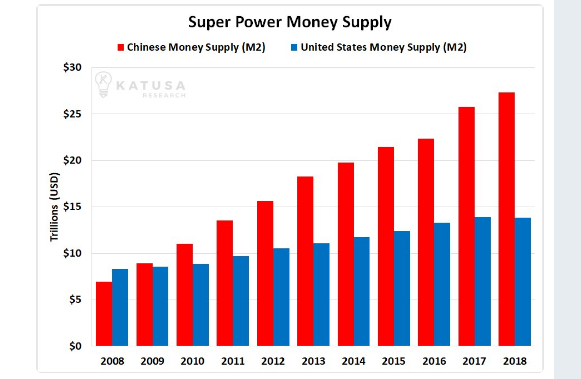Already Bloated with Real Estate, Blackstone Bellies Up for More
Wall Street giant Blackstone (BX) has been gobbling up homes and apartment projects in Las Vegas since the crash. Now, in the last gasps of the real estate post-crash bounce, BX is raising the largest real estate fund in history.
Peter Grant writes for the Wall Street Journal,
The $20 billion that Blackstone has raised from U.S. and overseas pension funds, foreign governments and wealthy individuals is more than twice as large as any fund ever raised by a competitor, according to data firm Preqin.
Grant goes on explain that BX will likely borrow $40 billion on top of the equity it’s raising, making it a $60 billion real estate behemoth. If that number sounds like a lot, it is. For perspective, “That $60 billion is more than the total value of all the commercial property purchased New York, Chicago and San Francisco in the first 11 months of 2018, according to Real Capital Analytics,” Grant writes.
Blackstone has been earning 16 percent with its funds over the past few years, however, cranking out that kind of return with that kind of money this late in the cycle will be difficult.
Real estate fortunes rise and fall with interest rates. Low rates equal high values, high rates the opposite. If rates begin to rise as Mr. Grant’s father, Jim Grant of Grant’s Interest Rate Observer, believes, BX’s timing couldn’t be worse. Or, it may be possible, Blackstone will be fishing for distressed deals when the RE shit hits the fan.
However, finding deals with enough size to move the needle will be difficult. “If you have to deploy billions of dollars over a three year investment period, it’s very inefficient to do it in $10 million chunks,” said Michael Stark, co-head of Park Hill Real Estate Group, a global advisory firm and placement agent.
BX has been feasting at the real estate buffet since 2007. Grant points out,
Blackstone had $119.9 billion in real-estate assets under management at the end of the third quarter of 2018, more than five times the $23 billion it managed when Blackstone did its initial public offering in 2007.
Meanwhile, underfunded pension funds are trying to play catch-up by “taking on more real estate, and at times some of the riskiest types of property investments, as they try to close their funding gaps,” Heather Gillers wrote for the WSJ back in October.
Ms. Gillers explained,
opportunistic investments typically involve constructing or overhauling something the pension fund hopes to eventually sell at a profit, sometimes taking on debt to finance construction.
Today, with cheap real estate hard to find, pension funds are gravitating to these riskier opportunistic investments, analysts and pension officials said.
Pension funds have learned real estate doesn’t always go up. Calpers lost 48 percent on its real estate portfolio in 2009 and another 11 percent in 2010. The Dallas Police and Fire Pension Fund, through, “A series of aggressive real-estate bets from Hawaii to Paris and a conflict over the value of those properties triggered more than $500 million in losses, leaving the fund with enough to pay just 45% of future benefits. Officials are warning the pension could go broke by 2027,” Ms. Gillers reported in 2016.
If you own a very, very large real estate project, it looks like a great time to sell. I’m sure Blackstone’s number is listed.






